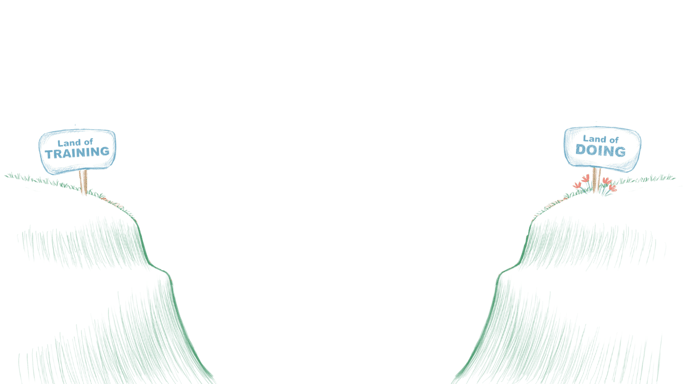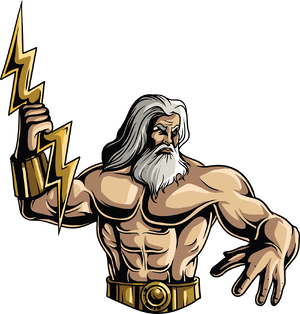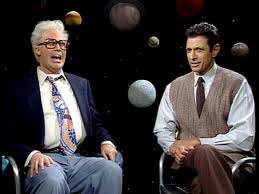
I had no idea how much work was involved with selling items to students at an elementary school.
Which is a good thing. Because if I did, I probably wouldn't have volunteered to help out : )
But I was glad to have experienced it because the work involved reminded me of how it feels to be given a task without any procedures.
I felt stressed. I felt frustrated. I felt like quitting. And I felt exhausted. Which is exactly how your employees are feeling when they have a lot of work to do without any clear directions on how to do it.



 Documentation goes by many names:
Documentation goes by many names: There is something I like to call the d-myth. It's based off that book called e-myth (the myth that as long as you can make a great apple pie, you can run a successful apple pie business).
There is something I like to call the d-myth. It's based off that book called e-myth (the myth that as long as you can make a great apple pie, you can run a successful apple pie business).
 One of the problems with blog articles is that they are one-offs. Going back to find an article that you really like isn't too difficult, but finding and sharing three or four that build on each other and teach multiple concepts is not easy.
One of the problems with blog articles is that they are one-offs. Going back to find an article that you really like isn't too difficult, but finding and sharing three or four that build on each other and teach multiple concepts is not easy. Reflect on live training events you attended in the past. How did they go? If you're like most, what you got out of the training depended on how you went into it.
Reflect on live training events you attended in the past. How did they go? If you're like most, what you got out of the training depended on how you went into it.
